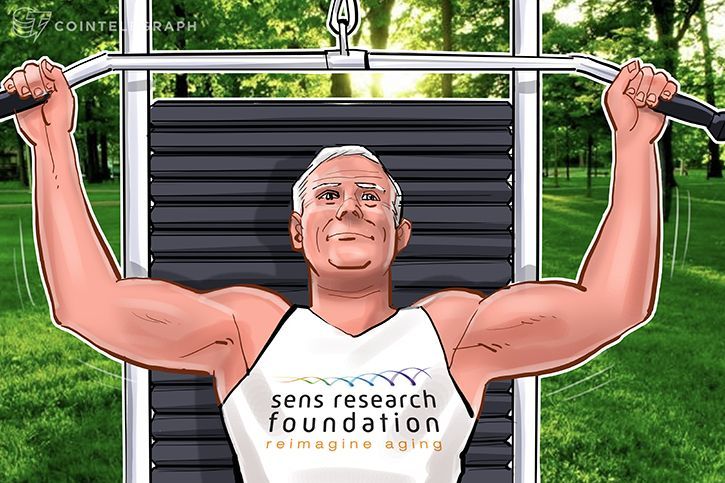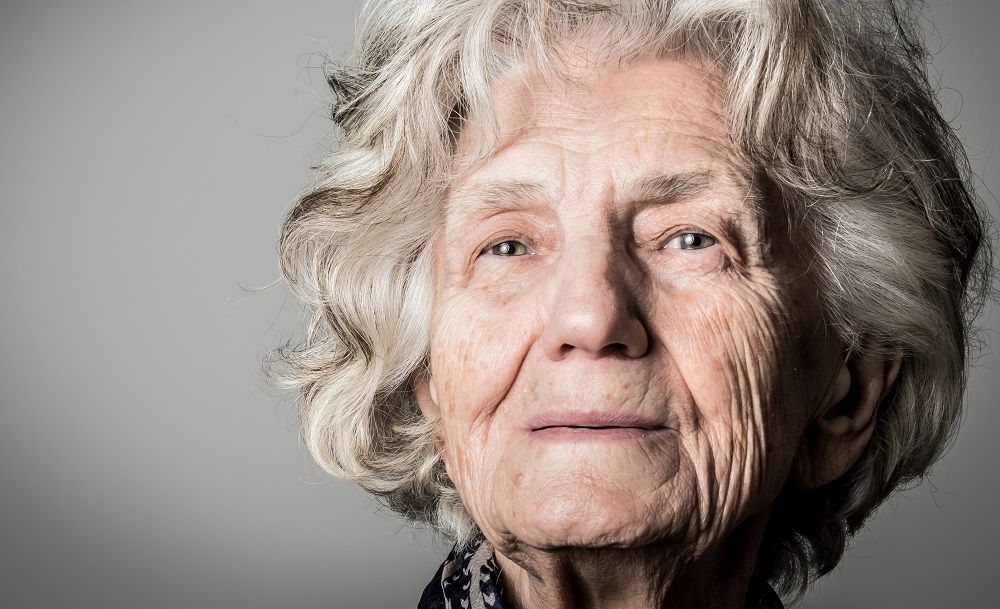Part II of the Bioquark Inc. show on Grognostics — https://www.stitcher.com/podcast/grognostics/e/53166919?autoplay=true


Part II of the Bioquark Inc. show on Grognostics — https://www.stitcher.com/podcast/grognostics/e/53166919?autoplay=true
Dr. Aubrey de Grey, is a world-famous author and biomedical gerontologist and Chief Science Officer of the SENS Research Foundation. His acclaimed lectures worldwide, include Israel and Russia and Ted Talks.
Bill Faloon, is the highly respected author of numerous articles and books, most recently: Pharmocracy II: How Corrupt Deals and Misguided Medical Regulations Are Bankrupting America—And What to Do about It.
He is co-founder of Life Extension. — An organization in the forefront of research to induce systemic rejuvenation and age reversal.
Produced and hosted on 01-25-2018 by Richard Peritz for broadcast on ABC TV-25 and networks nationwide. Show 1050.

Summary: A new report provides good news for warding off stroke and hardening of the arteries, two diseases of aging. Combining blood-pressure-lowering drugs with cholesterol-lowering medications reduced first-time strokes by 44%, according to a report by the AHA/ASA. [This article first appeared on the website LongevityFacts.com. Author: Brady Hartman. ]
Stroke is the fifth leading cause of death in the US and a disease of aging that grows more prevalent with each birthday.
Now, a report says a new drug regimen promises to cut that risk nearly in half.

When we talk about life extension, we mean people living much longer than they do now, and, more importantly, people who are healthier for longer. For example, we mean being 120 with the health of a 30-year-old. Hang on, though—hasn’t a person who is 120 years old already more than lived their life? Hasn’t that person’s time more than come?
News flash: you haven’t lived your life until you’re dead, and even then, you might not necessarily have crossed off all the items on your list. So, no, there is no such thing as an age when you have, by definition, “already lived your life”—not 80, 90, 100, nor any other. What people actually mean when they say that someone has “already lived their life” is that, in their opinion, that person has lived long enough, and thus he or she might as well, and perhaps even should, die.
People who, for one reason or another, fear a world without aging tend to say things like that. Personally, I am much more afraid of a world where other people get to tell you when your life has been long enough, and, consequently, I tend to say that the only one who should have the right to decide when you’ve lived long enough, if ever, is you—not other people, not nature, not an imaginary greater good. You.


Researchers say there is not an upper limit to human lifespan. However, a new report from the CDC suggests that both sides of the debate may be missing the point.
Summary: Several researchers say there is not an upper limit to human lifespan, contradicting studies which point to a maximum human lifespan. However, a new report from the CDC suggests that both sides of the debate may be missing the point. [This article first appeared on LongevityFacts. Author: Brady Hartman. ]
While many studies have set an upper limit on human lifespan at around 115 to 120 years, other researchers argue that there is no upper limit. This article presents both sides of the debate over the existence of a maximum human lifespan.
Upper Limit to Human Lifespan
The trouble started last year when several new studies announced that human lifespan is limited to about 115 – 120 years.

Part of Vittorio Sebastiano’s job is to babysit a few million stem cells. The research professor of reproductive biology at Stanford University keeps the cells warm and moist deep inside the Lorry I. Lokey Stem Cell Research Building, one of the nation’s largest stem cell facilities. He’s joined there by an army of researchers, each with their own goals. His own research program is nothing if not ambitious: He wants to reverse aging in humans.
Stem cells are the Gary Oldman of cell types. They can reprogram themselves to carry out the function of virtually any other type of cell, and play a vital role in early development. This functional reprogramming is usually accompanied by an age reset, down to zero. Sebastiano figures that if he can separate these different kinds of reprogramming, he can open up a whole new kind of aging therapy. Nautilus caught up with him last month.

Researcher Dr. Dena Dubal, from the University of California San Francisco, is considering a new approach to combat neurodegenerative diseases, such as Alzheimer’s disease and dementia, using a protein known as klotho.
Aging is the foundation of age-related diseases
Instead of trying to understand each of these diseases and the complex mechanisms unique to both, she considered what all these conditions have in common; the answer, of course, is aging.

Viewing party of one of the most highly-anticipated science fiction stories onto the screen. Richard Morgan’s Altered Carbon on Netflix. Introduction speech by Dr. Aubrey de Grey, famous proponent of innovative biotechnologies.
Watch the premiere alongside other fans and talk about what you would do if you could live another 100 years.